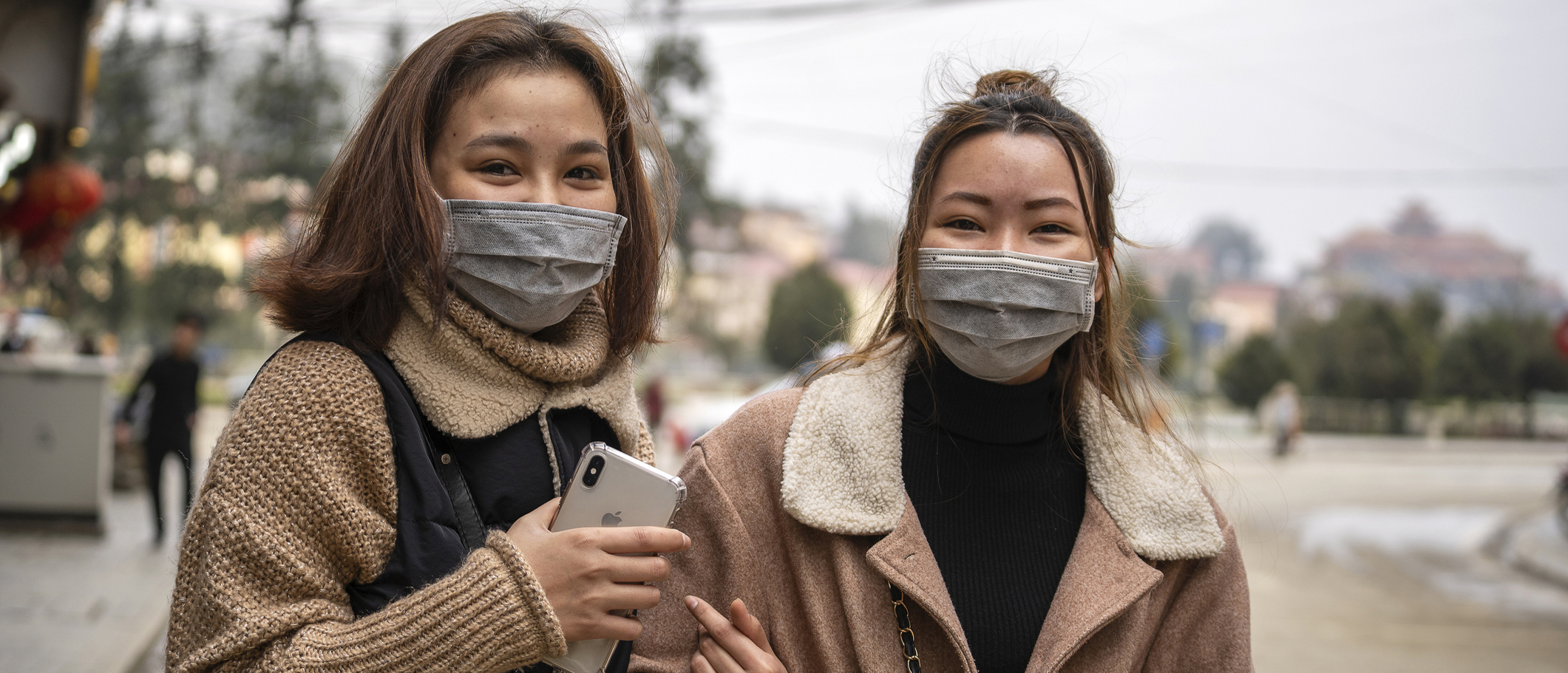
Getting Ahead on Gender Equality: Supporting USAID’s COVID-19 Response
During the 2014—2016 Ebola virus disease outbreak, domestic travel restrictions disproportionately impacted 70 percent of small-scale women traders in Liberia.[i] In Sierra Leone, closures of non-governmental organizations and health services during the outbreak led to an increase in maternal deaths, restricted access to voluntary family planning and pre- and post-natal health care, reduced vaccine rates, and increased malnutrition.[ii] Pregnancies among adolescent girls increased by 65 percent in the country, and policies prevented these girls from returning to schools when they reopened.[iii]
The Ebola outbreak, as well as the Zika virus and the severe acute respiratory syndrome of 2003 (SARS) epidemics, showed how a large-scale health crisis can create and widen gender equality gaps. Global evidence reveals that, in each of these cases, not considering and mitigating gender disparities from the beginning diminished the effectiveness of measures to control the spread of illness and lessen its impacts across multiple sectors.
With the COVID-19 pandemic still spreading rapidly in many countries around the world, it is time to learn from past mistakes. Evidence suggests that COVID-19 could have negative health, economic, education, and other impacts on gender equality similar to the impacts of Ebola, the Zika virus, and SARS. By addressing gender disparities in their pandemic responses, international development donors and partners can ensure that they take effective measures to control the spread of the disease and lessen its impacts on countries’ economies, health care systems, and education.
Under the United States Agency for International Development (USAID)-funded Gender Integration Technical Assistance (GITA) II task order, Banyan Global is carrying out COVID-specific gender analyses with USAID missions and implementing partners to mitigate the gender-specific impacts of the disease caused by the novel coronavirus. The analyses—carried out remotely using a USAID COVID-specific job aid tool—have identified key gender-related considerations and programmatic recommendations for USAID activities in Asia, Latin America and the Caribbean, and sub-Saharan Africa to address new and existing gender gaps across multiple sectors. Banyan Global developed the job aid tool, which includes sector-level considerations, illustrative questions, and a report template for carrying out a COVID-specific gender analysis. Key findings from the analyses include:
- COVID-19 communication strategies often do not differentiate between how women and men access information, their levels of literacy and native languages, and who they consider to be trusted sources; the strategies also often do not address how to strengthen COVID-19 information campaigns.
- National, regional, and municipal governments often lack the resources and will to implement coordinated, multisectoral, and gender-responsive COVID-19 planning and budgeting.
- Women and girls, especially those from the most-marginalized groups, often are not represented in decision making, and they are unable to influence COVID-19 planning to meet their needs.
- Pre-pandemic platforms collect data on households’ access to employment and services for persons from the most-marginalized groups, but these systems often do not apply a COVID-19 or gender lens.
- Women’s economic contributions to certain value chains may be invisible because of the types of tasks they perform, which may result in limitations to women’s opportunities to access COVID-related training or income-generating opportunities and financial services.
- Stay-at-home measures and the inability to spend the day in school place some children and young people in harmful home environments, which puts them at risk of violence (including gender-based violence).
- COVID-related reductions in household income may result in the engagement of children in income-generating activities and negative coping strategies (such as early, forced, and child marriage, or sex work), which in turn may result in increases in school drop-out rates, in particular for girls.
To date, Banyan Global‘s GITA II team has conducted COVID-specific gender analyses in Burkina Faso, Central Asia, Democratic Republic of Congo, Dominican Republic, The Gambia, India, Mali, Niger, Peru, and Vietnam. USAID missions and implementing partners will use the findings and recommendations from these analyses to support the integration of gender equality and women’s empowerment in their programming, as well as to do no harm, in order to prevent and mitigate the gender-related impacts of COVID-19. Although there are still many unknowns about COVID-19 and its long-term effects on the health and wellbeing of individuals and its impact on economies, past experience proves that considering gender disparities is an effective strategy for reaching all members of a population in a country’s pandemic response.
[i] David Evans. 2020. How Will COVID-19 Affect Women and Girls in Low- and Middle-Income Countries? Center for Global Development. (Link)
[ii] Ford, Liz. 2020. Coronavirus Crisis May Deny 9.5 million Women Access to Family Planning. The Guardian. (Link)
[iii] Malala Fund. 2020. Girls’ Education and COVID: What Past Shocks Can Teach Us About Mitigating the Impact of Pandemics
